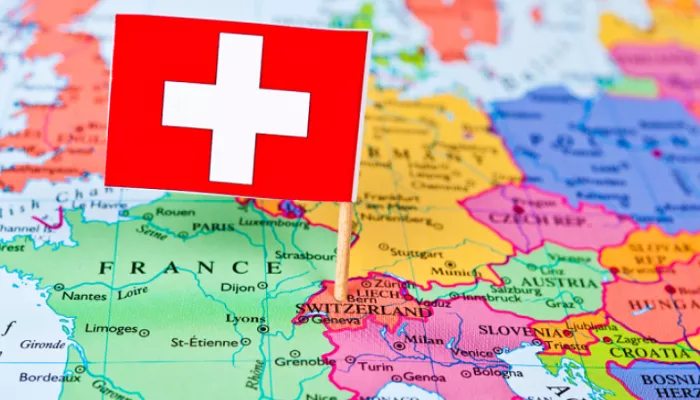Switzerland’s privacy tech industry is sharply divided over a proposed change to the country’s surveillance law, which would require social networks, messaging apps, and VPN services to collect and retain user data. Currently, only mobile networks and internet service providers are obligated to store such data.
Proton, a Swiss company offering VPN and encrypted email services, has been a vocal critic of the amendment. CEO Andy Yen has warned that the company may relocate its operations outside of Switzerland if the law is passed. He argues that the new regulations would compromise customer privacy and align Switzerland’s surveillance practices with those of more authoritarian governments.
In contrast, Infomaniak, another Swiss cloud service provider known for its privacy-oriented products, has publicly criticized Proton’s stance. Thomas Jacobsen, Infomaniak’s Communications Manager, argued during a debate on Radio Télévision Suisse (RTS) that businesses like Proton are promoting internet anonymity at the cost of law enforcement’s ability to carry out investigations. He emphasized that while encryption is not the issue, the lack of user identity complicates justice efforts.
Following a wave of public backlash, Infomaniak sought to clarify its position. The company stated that, although it opposes total online anonymity, it also disagrees with the surveillance law amendment in its current form. Infomaniak advocates for transparent regulations and judicial oversight of data access requests, calling for a balanced approach that protects privacy while allowing law enforcement to investigate criminal activity.
Two other Swiss privacy-focused companies, NymVPN and Threema, have also strongly opposed the proposed changes. They argue that the law threatens the fundamental principles of user privacy and could force them to reconsider their operations in Switzerland. NymVPN’s co-founder, Alexis Roussel, raised concerns that mandatory data retention would increase the risk of data breaches and surveillance, ultimately undermining democratic values.
As the public consultation period for the amendment ended on May 6, 2025, pressure is mounting on the Swiss government to reassess the proposed changes. The outcome of the debate will have significant implications for Switzerland’s reputation as a global leader in digital privacy and the future of privacy-focused tech companies operating within the country.


